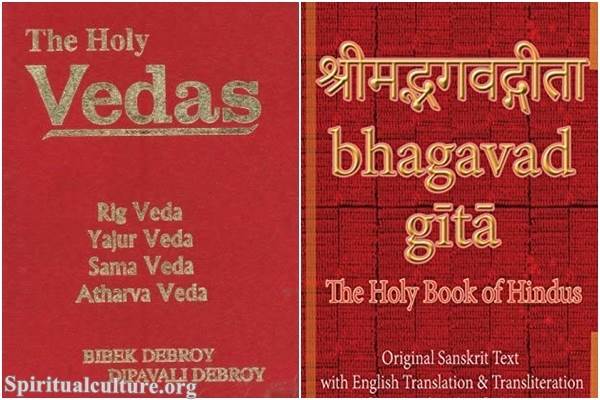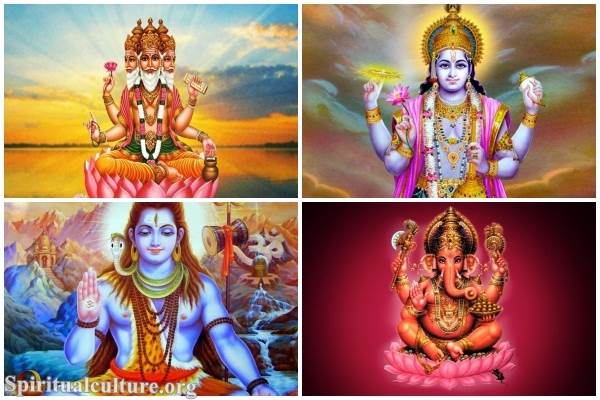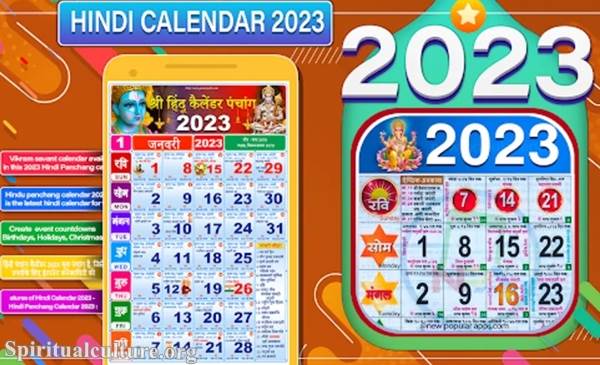The religion, which originated in the Indian subcontinent, is a complex system of beliefs and practices that have evolved over thousands of years. Central to this faith are the Hindu deities, a multitude of gods and goddesses, each with their unique narratives, symbolism, and significance.
This post explores the fascinating world of Hindu deities, delving into their intricate tales and their roles in a Hindu’s spiritual life.
Understanding Hindu Deities
Hinduism is a polytheistic religion, meaning that its followers believe in multiple gods and goddesses, collectively referred to as Hindu deities. These deities are revered not as independent entities but as different manifestations of the Supreme Being or Brahman. Each deity represents a specific aspect of Brahman, embodying particular characteristics or energies.
The Hindu pantheon is vast and diverse, with deities varying widely in their forms, attributes, and worship practices. Some are universally worshipped across India, while others are regional or community-specific. Despite this diversity, there are several Hindu deities that hold a preeminent position in the faith, including Brahma, Vishnu, Shiva, Lakshmi, Saraswati, and Durga.
The Trimurti: Brahma, Vishnu, and Shiva
At the pinnacle of the Hindu pantheon are the Trimurti or the Hindu trinity: Brahma, Vishnu, and Shiva. Brahma is the creator responsible for the creation of the universe and all beings. Vishnu, the preserver, maintains the order and harmony of the universe, often descending to earth in various avatars to restore balance. Shiva, the destroyer, symbolizes the end of the cosmic cycle, paving the way for a new creation.
Goddesses: Saraswati, Lakshmi, and Durga
Complementing the male deities in the Hindu pantheon are the powerful goddesses, revered as Shakti, the divine feminine energy. The goddess of knowledge and arts, Saraswati, is worshipped by students and artists for enlightenment and creativity. Lakshmi, the goddess of wealth and prosperity, is invoked for material and spiritual abundance. Durga, the fierce warrior goddess, represents the power of good over evil and is worshipped especially during the festival of Navaratri.
Avatars of Vishnu: Rama and Krishna
Among the ten avatars of Vishnu, Rama, and Krishna are the most popular. Rama, the protagonist of the epic Ramayana, embodies the ideals of dharma (righteousness), devotion, and moral values. Krishna, the divine charioteer in the Bhagavad Gita, is revered as a symbol of love, wisdom, and spiritual enlightenment.
Conclusion: The Role of Hindu Deities in Hinduism
In Hinduism, the worship of deities is not merely a religious practice but a way of life. Through their stories and symbolism, Hindu deities offer moral and spiritual guidance, helping devotees navigate the complexities of life. They are invoked in daily rituals, festivals, and life-cycle ceremonies, their presence permeating every aspect of a Hindu’s life.
Hindu deities are a fascinating realm of mythology, symbolism, and spirituality. It is a testament to the diversity and depth of Hinduism, a religion that embraces a multitude of beliefs and practices under its broad canopy. Whether one seeks knowledge, prosperity, love, or liberation, there is a Hindu deity to turn to, a divine guide on the spiritual journey.



